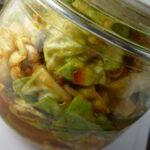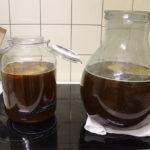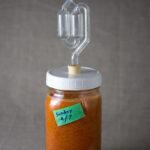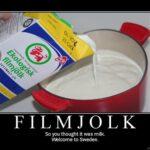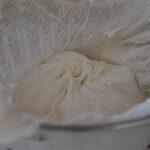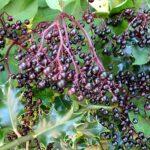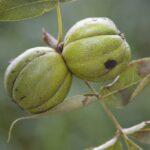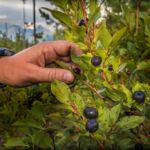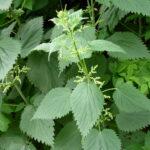Foraging for food in the forest has become increasingly popular in recent years, with many people looking to nature for a source of free, fresh, and nutritious food. However, before you set out into the forest with your basket and knife, it is important to understand the ethical and legal implications of foraging for food. In this article, we will explore the best practices for foraging, the laws and regulations that govern foraging, and the ethical considerations that you should keep in mind as you gather food from the forest.
Foraging for Food
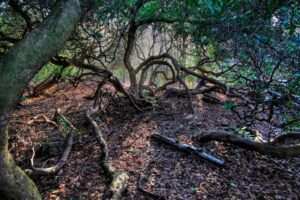
First and foremost, it is important to understand that foraging for food is not the same as simply picking fruit from a tree or collecting wild berries. Foraging for food typically involves searching for wild edibles that are not commonly available in grocery stores or supermarkets, such as mushrooms, herbs, and other plants.
In terms of the laws and regulations surrounding foraging for food, it is important to understand that each state, province, and country has its own set of rules and regulations. For example, in some areas, it may be legal to forage for food in public forests, while in others, it may be illegal to collect wild edibles without the permission of the landowner. In general, it is always a good idea to research the laws and regulations in your area before you start foraging for food.
When it comes to ethical considerations, there are several key points that you should keep in mind as you gather food from the forest. Firstly, it is important to understand that wild edibles are a finite resource, and over-foraging can lead to the depletion of important food sources for both humans and wildlife. To avoid this, it is best to only take what you need, and to never remove more than one-third of the plants or mushrooms in a given area.
Another important ethical consideration is to be respectful of the natural environment and the wildlife that depends on it. This means avoiding the use of chemicals or other harmful substances while foraging, and taking care not to disturb the natural ecosystem or disrupt the behavior of wild animals.
In addition to these ethical considerations, it is also important to have a basic understanding of edible wild plants and mushrooms, and to be able to identify them with confidence. This can help to avoid the accidental consumption of toxic plants or mushrooms, which can be harmful or even deadly. To ensure your safety, it is always a good idea to consult with a knowledgeable expert, such as a botanist, naturalist, or foraging guide, before you start foraging for food.
So, what are some of the best practices for foraging for food in the forest? Here are a few tips to help you get started:
- Research the laws and regulations in your area, and obtain any necessary permits or licenses before you start foraging.
- Consult with a knowledgeable expert or foraging guide to ensure that you have a basic understanding of edible wild plants and mushrooms, and to learn about any potential dangers or hazards in your area.
- Be respectful of the natural environment and the wildlife that depends on it, and avoid the use of chemicals or other harmful substances while foraging.
- Only take what you need, and never remove more than one-third of the plants or mushrooms in a given area.
- Store and prepare your wild edibles in a safe and hygienic manner, and never consume any wild plants or mushrooms that you are unsure of.
Foraging for food in the forest can be a rewarding and fulfilling experience, but it is important to understand the ethical, legal, and practical considerations that come with it. By researching the laws and regulations in your area, consulting with an expert, respecting the natural environment, only taking what you need, and preparing and storing your wild edibles safely, you can ensure that your foraging experience is enjoyable, sustainable, and free of any potential dangers or hazards.
Keywords: foraging, food, forest, ethics, laws, regulations, best practices, wild edibles, natural environment, wildlife, plant identification, edible wild plants, edible mushrooms, sustainable foraging, foraging guide.
Check out our Novel Writing Workbooks
Check out Little Tree Food Forest for articles on food forests and homesteading.
Check out FoodieScapes for articles on growing, fermenting and preserving food
Check out StoryScapes.World for articles on writing.
Subscribe to our newsletter to get information delivered to your inbox on edible landscaping, growing food and medicinal plants, growing mushrooms, foraging, fermentation, food preservation, raising small livestock, and more.

